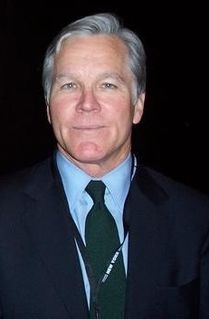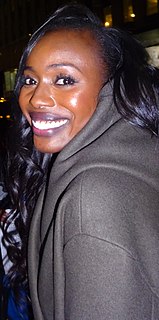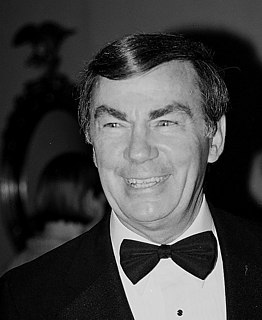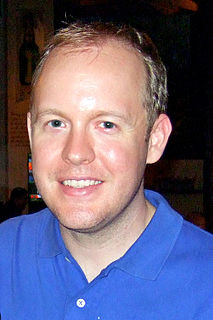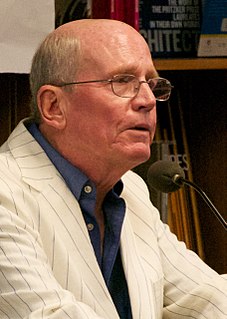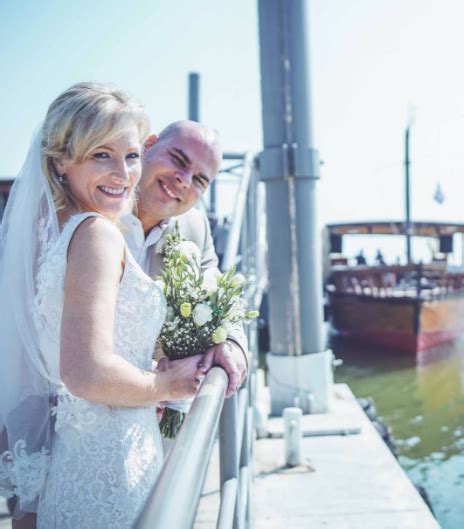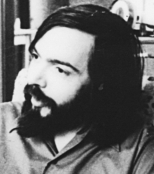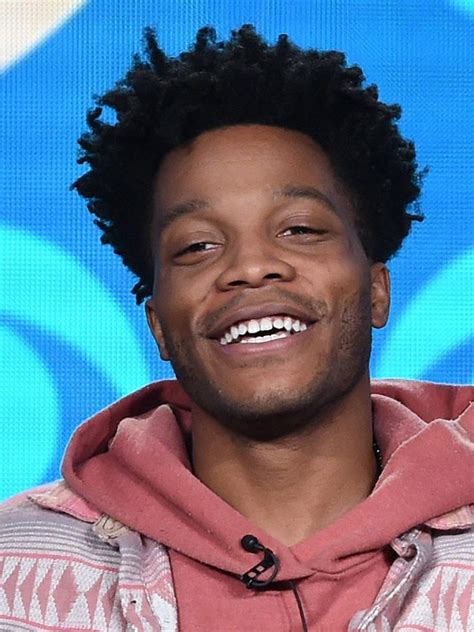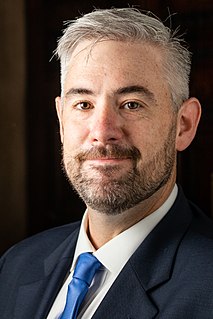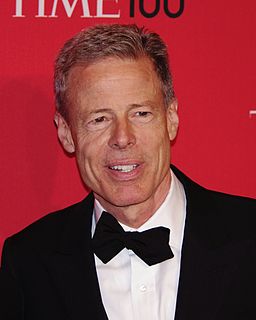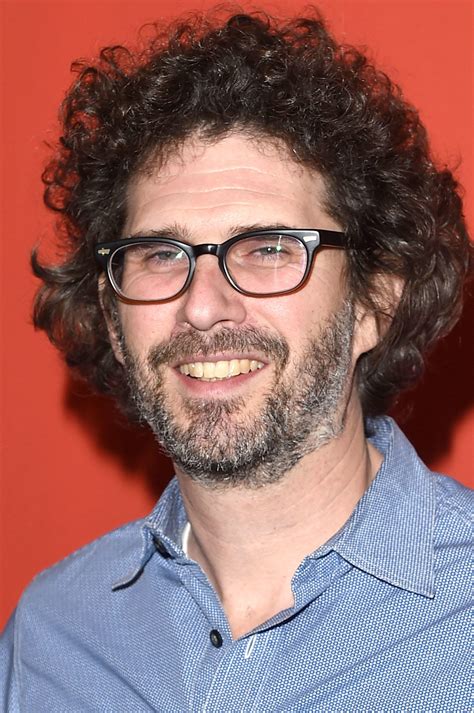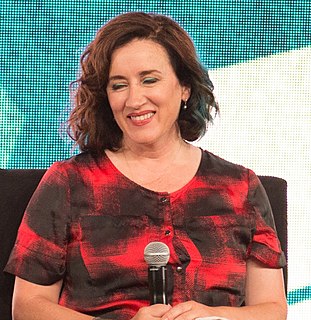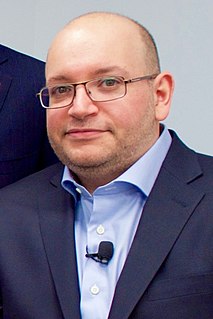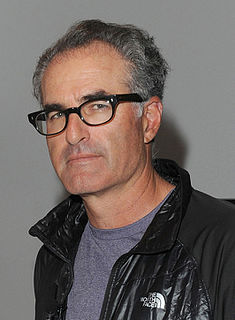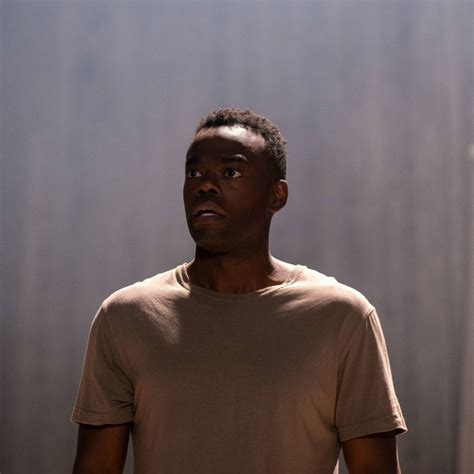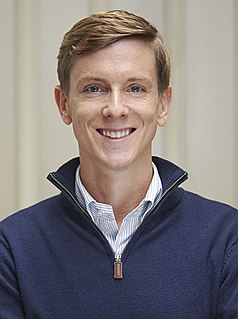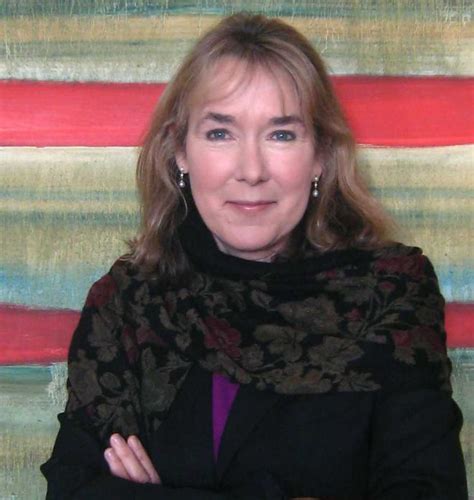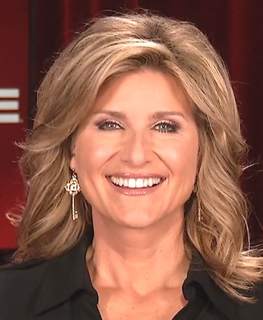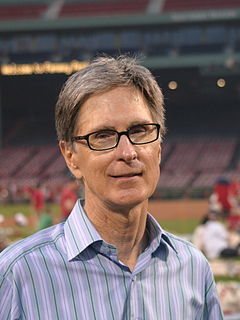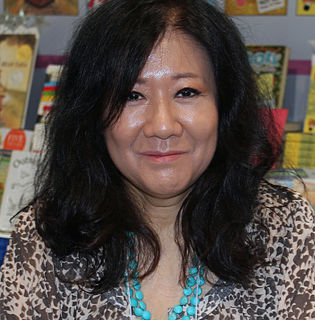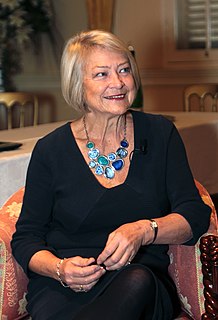Top 1200 Broadcast Journalism Quotes & Sayings - Page 20
Explore popular Broadcast Journalism quotes.
Last updated on April 17, 2025.
Growing up, I wanted to be a journalist. I was in love with Lisa Ling, who's a broadcast journalist and who travels the world. I used to read all of her articles and watch her when she'd go to China or South Africa or Australia. I thought that was the coolest job because she got to travel and tell people's stories.
I'm not really sure what I'd like to see people doing more of online, but what I'd like to see less of is the warning signs that not ratifying net neutrality is gonna cause two separate nets: one that the big dogs can afford to be on and the other a ghetto internet that no one goes on. Think FM vs AM radio, or cable vs broadcast TV.
Aside from that i’m an introvert and i’m a quiet person. The benefit of that is I listen. It’s not like my mouth is open and I broadcast everything and i’m drowning everyone out. When I’m listening to the incredible artists I work with and i’m hearing their specialised advice on what they would do with something then we can, all together, as a big collaborative group, all work together to achieve something together.
Digital media are biased toward replication and storage. Our digital photos practically upload and post themselves on Facebook, and our most deleted e-mails tend to resurface when we least expect it. Yes, everything you do in the digital realm may as well be broadcast on prime-time television and chiseled on the side of the Parthenon.
Broadcast TV has a very classy but old-fashioned way of doing television. That's what it's always going to be. But you've still got to introduce young talent and ideas and shows to the masses. That's the way you build a bigger and younger audience, introducing younger writers, comics, TV shows to viewers.
It's been my experience that people who make proclamations about themselves are usually the opposite of what they claim to be. If someone is truly a loyal friend, then they wouldn't need to broadcast it; eventually, people will figure it out. I have a lot of good friends and not one of them has ever introduced themselves by saying, 'I'm a very good friend.'
I always loved music and would listen to the radio and watch out for new stuff. When I was about nine or ten, I would go around to me friend's house on a Sunday when the top twenty was broadcast on the radio at 6 P.M., and we would tape it on a cassette, and then we would take turns in sharing it over the next week.
I believe the first draft of a book — even a long one — should take no more than three months…Any longer and — for me, at least — the story begins to take on an odd foreign feel, like a dispatch from the Romanian Department of Public Affairs, or something broadcast on high-band shortwave duiring a period of severe sunspot activity.
If I can drive down the road in my car and listen to XM satellite, and when a song gets beamed into my car, it can tell me who wrote the song and what the damn lyrics are, why, when you broadcast a digital signal of a film, can't it speak to your television to set up a list of settings to show the film in the way that it was meant to be shown?
